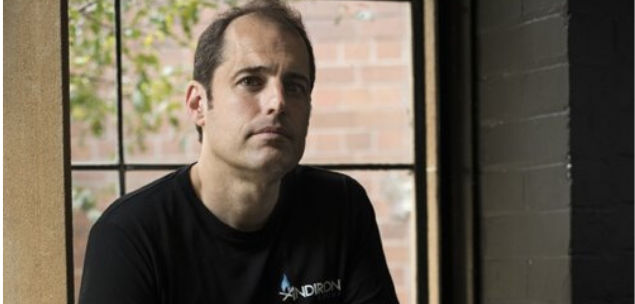When you are no longer working in the office remotely, you are deprived of the charisma of presence—that powerful, behavioural get-out-of-jail-free card that means fellow workers and managers give you a pass when you’re not quite on your game. Virtual means more visible than ever. There will be no camouflaging. The George Costanza’s of the world will suddenly become very obvious. Try this: turn on Zoom, then walk around your work space with a document or note pad in you hand creating the impression of being busy. Look impatient or annoyed. Sigh loudly to give the impression that you are under extreme pressure. Or this, spend the entire day doing very little, but then leave the office really late, sighing some more and looking bedraggled. No badge of honour is on its way.
Prepare for hyper-accountability.
Results matter more than ever. In a remote work environment, managers face new challenges around measuring performance. Employees are under more pressure to deliver output in their work, and demonstrate that value effectively. If you can’t present a PowerPoint or a document in person, it will have to stand on its own in silence without the benefit of your personality. In other words, every piece of your output must be filled with your value, your personality, your edge. There will likely be fewer do-overs.
Ask more questions —This is yours to lose.
Remote does not mean communication that is less rich. In the absence of do-overs, it is critical that you genuinely understand what is being asked of you from the outset. Have questions? Ask them. Get things clarified instead of assuming. In this new world, there are no points for spending hours sighing over a project, when a single query to a manager would reveal that you should have spent five minutes on it. And while we are talking about communication, as hyper-accountability rises, so will the need to be a better custodian of other people’s time. When the novelty of a drawn-out, iso-distracting Zoom fades, you will likely be left with a mandate to respect other people’s times and become more deliberate in your communication. And not to go all Big Brother on you, but expect more productivity monitoring – AI will be watching . . . eventually.
Related: Is there a new post-crisis era for brands? The research says yes
Talent will rise.
Here’s the optimistic part: if you are creative, if you understand how what you do can support your organisation’s objectives and help it thrive, this will be your time. Office politics will cease to be as important as office deliverables. In the absence of charisma blockers, you will have talent enablers. Now will be the time for the nap-averse and the well-organised to shine, as well as those who think commercially about their value—almost in an ownership-sense. Remote working will break the cognitive inertia of the 9-5 office. It was already cracking around us. Now add a likely recession, and you have a time when we need to stop thinking of ourselves as employees with rights, a protected class, and start thinking of ourselves as co-owners with responsibilities to keep the organisation going.

